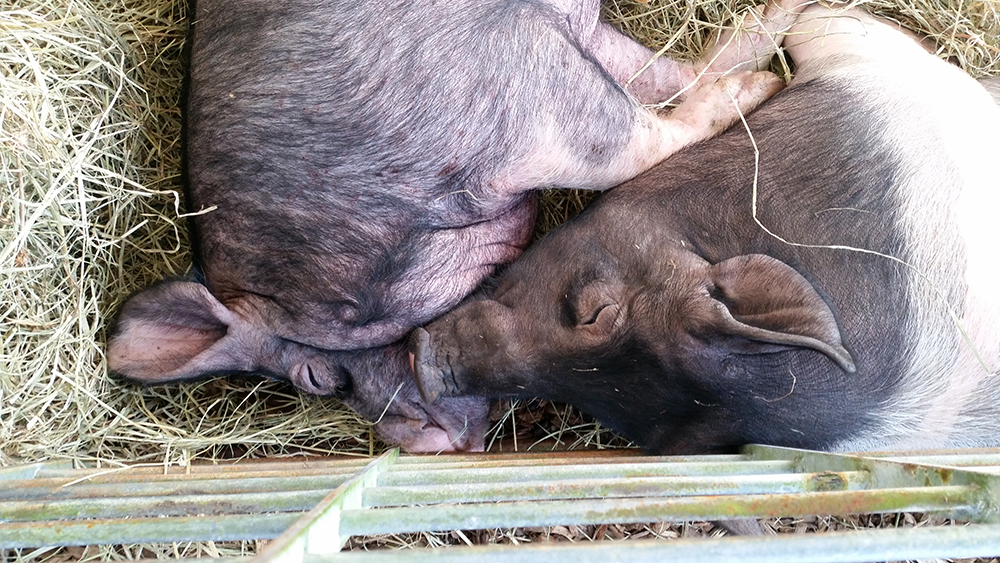
Pet pigs part of plan
16 Feb 2018

In a bid to boost biosecurity outcomes for NSW, new legislation now ensures every pig movement is recorded as part of the National Livestock Identification System (NLIS).
NSW Department of Primary Industries traceability leader, Lisa Burrows, said all pigs weighing less than 25 kilograms must now be identified with an NLIS eartag to help improve traceability.
“From February 1 this year, movements of all pigs in NSW, from pets to commercial animals, must be recorded in PigPass, which automatically transfers records to the NLIS database,” Ms Burrows said.
“All pig movements, to or from farms, backyards, saleyards, showgrounds and abattoirs, will now be recorded using a PigPass National Vendor Declaration.
“Traceability is a key part of a strong biosecurity system and exporting PigPass data to the NLIS database delivers an effective system which can quickly trace pigs if a food safety issue or exotic disease outbreak were to occur.”
“In the past, small pigs weighing less than 25 kilograms were exempt, now new legislation brings pigs into line with NLIS requirements for cattle, sheep and goats.
“Pigs weighing more than 25 kilograms must still be identified, preferably with a swine tattoo or brand, or an NLIS eartag may be used in place of brands.
All pig owners in NSW must also have a Property Identification Code (PIC), which is used when trading or moving pigs.
Your PIC is a unique eight-character number assigned by NSW Local Land Services to properties with livestock.
Pig owners can get information about PICs, tattoos and NLIS tags for pigs from their Local Land Services office or by calling 1300 795 299.
Information, including registration details, about PigPass is available on the PigPass website and from the PigPass Helpdesk, freecall 1800 001 458.
Photographs available from bernadette.york@dpi.nsw.gov.au
Media contact: Bernadette York (02) 6938 1664, 0427 773 785

